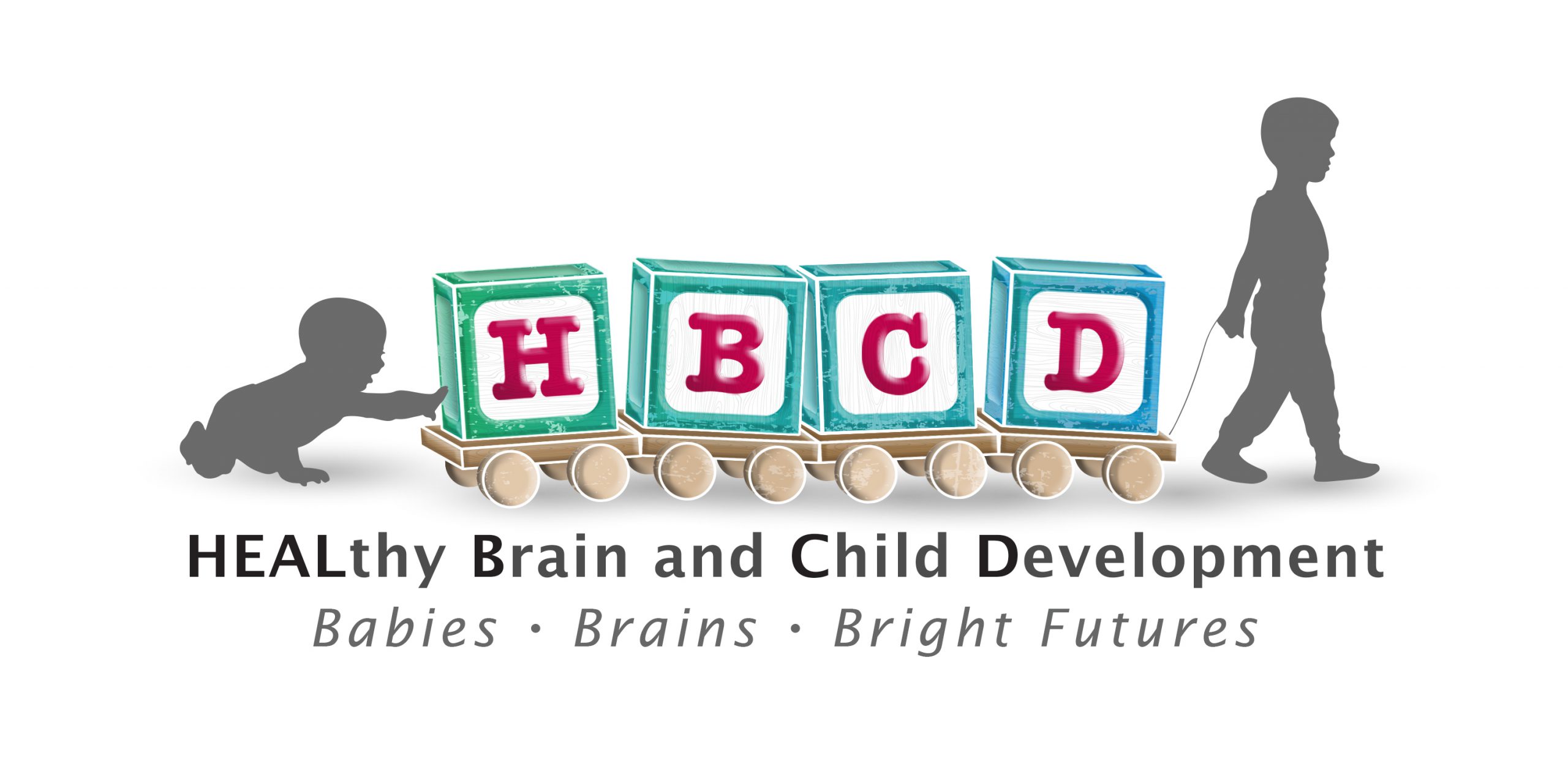
The first few years of life are a critical developmental period characterized by exponential growth and brain development. The Healthy Brain and Child Development (HBCD) Study seeks to better understand brain development, beginning in the perinatal period and extending through early childhood, including variability in development and how it contributes to cognitive, behavioral, social, and emotional function. Knowledge of normative brain trajectories is critical to understanding how the developing brain may be affected by exposure to stressors, trauma, substances, and other significant environmental influences, including those that promote resilience.
The HBCD Study is a nationwide consortium of study sites, including the University of Minnesota, that will enroll a total of about 7,500 people during pregnancy and follow them and their children through early childhood. We will collect data on risk and protective factors during the pregnancy, and then study the impact on brain and behavioral development of the children at various time points from birth through early childhood. This study brings together researchers from across the University, and we will be collaborating with a network of more than 20 birth and treatment centers across Minnesota state.

